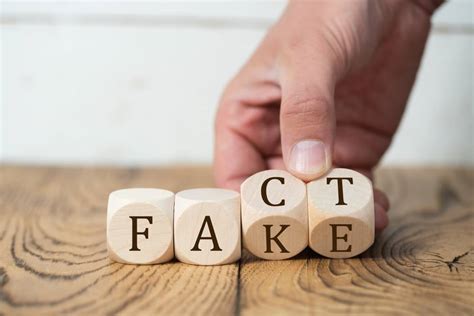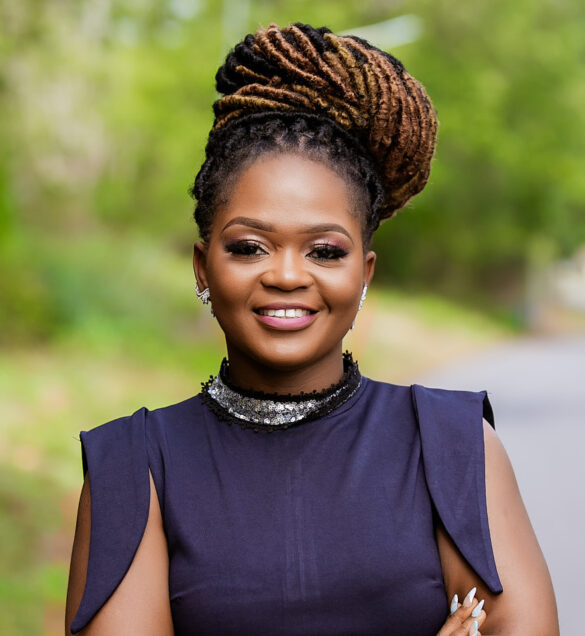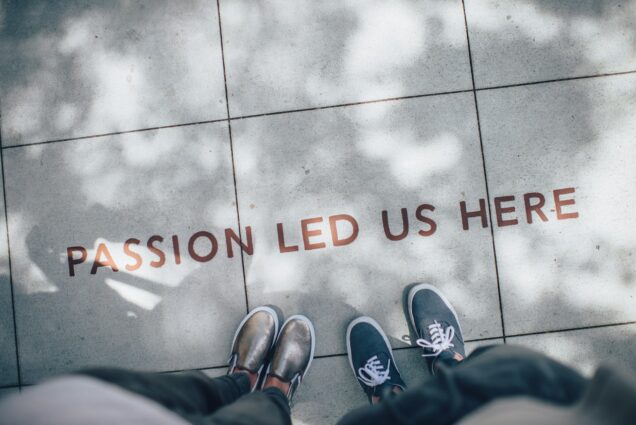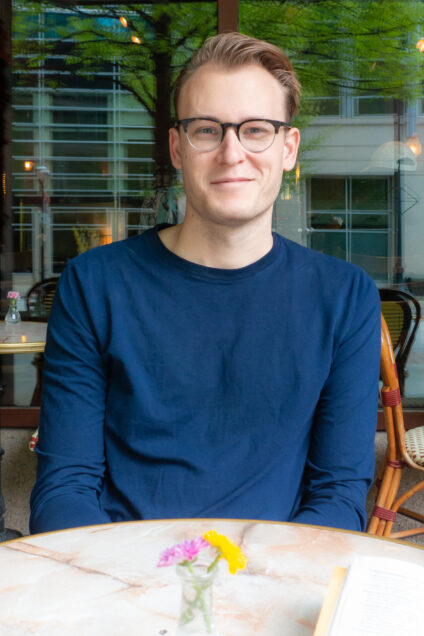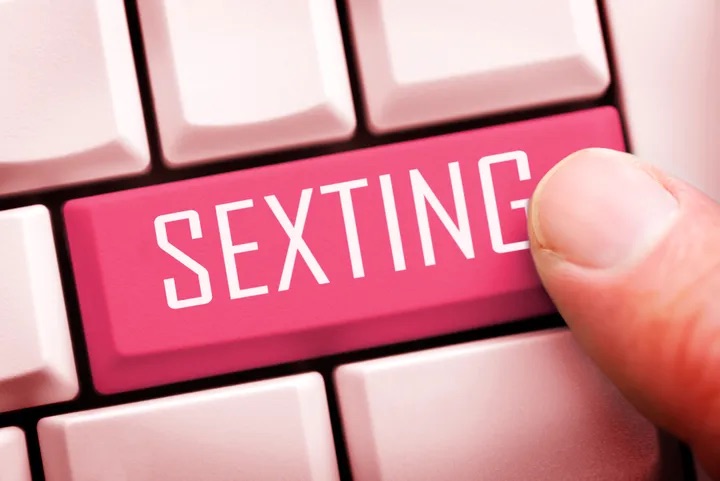By Violet Li
Jessy Wang, a committed Ph.D. student in Emerging Media Studies, explores the intricate relationship between media psychology, mental health, and human-computer interaction, with a specific focus on the cognitive effects of emerging media. Recently, they engaged in a detailed discussion with Violet Li, a Communication Assistant at the Communication Research Center, to delve into her academic pursuits and aspirations.
Violet: “Can you share what you were doing before joining BU's Ph.D. program? ”
Jessy: I spent a bit of time applying to PhD programs. Applying to colleges was definitely a big deal for me because I needed to organize all of my research materials. I was working on my research and trying to enhance my background and skills in research. During that time, I worked as a research assistant in a psychology lab. Although my background was in communication throughout my bachelor's and master's, I've always been interested in psychology, particularly media psychology, which is a burgeoning field. So at that time, I was working in a psychology lab. They used media to help veterans with their mental health, and they also developed chatbots to assist high school students when they received acceptance letters to their ideal college. Some of these students didn't follow through, a phenomenon known as "summer melt," because they got an offer but didn't attend. The goal was to use the chatbot to help them manage their mental state and provide overall support.
Working in the Applied Psychology Lab offered an overlap between media and psychology, which I found compelling. My previous experience as a crisis counselor in New York during COVID-19, assisting with the mental health of the city's residents, really propelled me into the Media Psychology program. Although it's part of the Emerging Media Studies department, I appreciate its interdisciplinary approach. I've brought all the insights from my past research and work experience into this program to begin my journey in media psychology.
Violet: “Can you share with us your upcoming research interests? Because you just mentioned you do some psychology research? Would you continue doing psychology? ”
Jessy: Yeah, I've always had a high interest in psychology, and I think media psychology is a combination of my interests in media and emerging technologies, like social media, VR, and other media equipment, as well as human behavior. I'm interested in how media affects people's daily lives since it's become so immersed in every aspect of our work and life. This is tied to my previous experience, which shows my concern for mental health. So, I feel my empathy for individuals drives me to a research career. This empathy also motivates me to understand how media can benefit people and the impact it has.
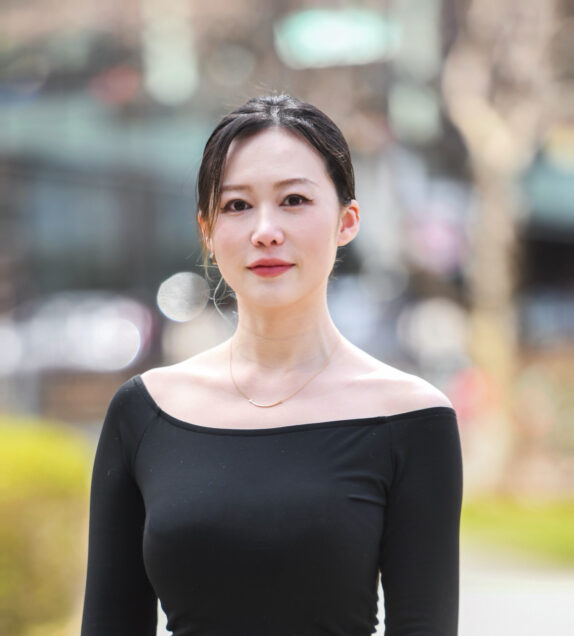 In the future, my main goal is to research these areas, and I'm still considering which methodology to adopt. The Emerging Media Studies (EMS) program is very interdisciplinary, placing a significant emphasis on social media analysis and media psychology, which leans more toward empirical and experimental methods. I'm debating which direction to take, but I want to maintain a broad scope and explore my interests further to better understand the interaction between media and people. As a researcher, I aim to support or contribute to the field, investigating how we can maximize the benefits of these interactions.
In the future, my main goal is to research these areas, and I'm still considering which methodology to adopt. The Emerging Media Studies (EMS) program is very interdisciplinary, placing a significant emphasis on social media analysis and media psychology, which leans more toward empirical and experimental methods. I'm debating which direction to take, but I want to maintain a broad scope and explore my interests further to better understand the interaction between media and people. As a researcher, I aim to support or contribute to the field, investigating how we can maximize the benefits of these interactions.
Violet: “Did you work on any interesting projects in class this semester?”
Jessy: I think, especially this semester. Last semester, I was kind of trying to adapt. This semester, I was exposed to very good research project opportunities. Right now, I'm working on two projects. The first is primarily under the media psychology side. In that course, led by Dr.Cummings, my group is conducting research on dating apps. We're examining different levels of self-disclosure on dating app profiles, and how people with different attachment styles might engage with these profiles based on their levels of self-disclosure.
And then there's another project in Dr. Su's class, which also pursues my interest in social media bias or stigmatization. In this project, we're focusing on HPV, the STI (sexual transmitted infection). People don't call it a disease right now to avoid stigmatization. We're using Twitter data to analyze people's attitudes toward HPV. The mainstream narrative on social media mainly focuses on the HPV vaccine, but there are other facts about HPV that people might not know. For instance, the vaccine is for preventing cervical cancer, and there's a misconception that only women can contract cervical cancer and should get vaccinated. However, men can also be carriers and get infected by HPV. Some data shows that one out of three men in the U.S. can contract an HPV infection.
We're trying to use social media data and apply NLP methods to analyze people's knowledge and attitudes about HPV on social media. We want to identify what might be ignored or neglected in people's mindsets, as even though social media only shows a part of the entire social group's idea, it can still indicate some parts of social reality. That's another project I'm working on this semester.
I do find my interest in interpersonal research, even though the projects I'm working on—like one being an experiment and the other being a social media analysis—seem totally different. But you can see, HPV is about sex, and that's about human interaction and the result of that. The dating app research is also about human behavior and interpersonal interaction. So I think I just have a general interest in the interaction of interpersonal relationships between people. That's one takeaway from my first year, and I will probably explore more in that orientation.
Violet: “Have you had any funny experiences during your first year of the Ph.D. program outside of the campus?”
Jessy: Yeah, I am a bass player. So I've done some street performances in Boston, because I was in New York, and now I've just moved to this new city. That music has introduced me to more new people outside of campus. So yeah, we did two performances—one was last semester, and this semester, we also did one on St. Patrick’s Day. We tried to earn some money, to have some more—I tried to see how my street performer career goals would compare to my PhD? Those both. But no, I think the funny part was the performance on St. Patrick’s Day, where we only got like $22, which is less than my PhD stipend. So I guess I should just seriously stick with my PhD and not drop it for a musician career. That's a joke, but that’s the fun part. I don't think the PhD gives me a lot of time, so I don't have enough time to practice, but still, it's fun to play a bit outside of campus.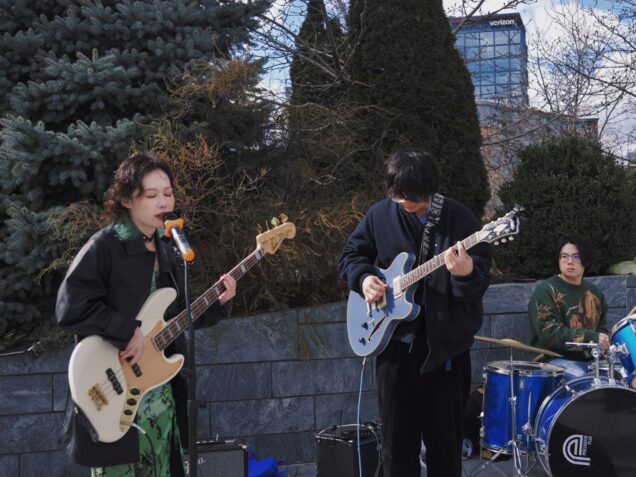
Violet: “Is the Ph.D. program stressful? ”
Jessy: Yeah, definitely. I always say that there was no break from my stress. In the first year, especially with James and Naa by my side, I feel very fortunate. But I definitely need to think more about the other aspects of my life. So yeah, taking school classes, fulfilling my PhD role, and holding RA and TA positions all at the same time, while considering if I can maintain my life hobbies, like music, and also pondering what my life will be after this PhD program, is challenging. Managing what I'm doing on my trajectory, like, there's a lot happening simultaneously, and Boston is also a new city for me. So it's very stressful.
But at the same time, I think the EMS program and all the professors have offered me a lot of support. At the beginning, I was very avoidant because everything was new to me. Even though everyone looked very friendly, I still felt timid about what questions I could ask. As a PhD student, you're perceived as someone who shouldn't ask 'stupid' questions, especially when taking classes with other master's students. I might not know the most about the class or research because, although I have my expertise, I believe the other students have their own strengths. But as a PhD student, it's hard to admit that I'm not good at something. You see, people have this expectation, like, 'You got into this fantastic program; how could you not be that talented or knowledgeable?' But I think now I'm getting used to it, and it's a great start for my research career. Realizing, or rather being brave enough to acknowledge that I can be wrong, has been a step forward. Since realizing this, I always ask for help, whether from professors, master's students, or even undergraduates. Even though it's very stressful, it's also a valuable opportunity for me to train my mindset, which is meaningful to prepare me for my future life.
Violet: “I'm happy to see you've undergone such a transformation. And actually, you just mentioned Boston is new to us. So how do you feel about Boston compared to any other city you have lived in like New York?”
Jessy: I was just so uncomfortable living in Boston because New York is a walkable city. You can take the train or just walk anywhere. But Boston is more spread out, with areas like Allston. It seems like you cannot find one place to meet everyone. It took me a while to get used to Boston. And I don't know why, but I didn't see the artistic side either. Yes, because, you know, Boston has so many PhDs from, like, around 20 to 40 universities or colleges, and there are so many PhD holders. In New York, it was so easy for me to meet someone who is an artist, but in Boston, it feels like everyone has a PhD. So, I felt that Boston is very wholesome and educated, which was very new to me because I'm more of a hipster style or just like the artistic vibe. Now, I think I've gained a more decent style because of Boston.
Violet: “Has CRC provided any support or had a positive impact on you during this past year?”
Jessy: I think I want to mention one thing I don't like about CRC. Because it is in the basement,it doesn't get much light, no sunshine at all. And I know CRC is on the opposite side to CDS, so you can see, I'm like, ‘Okay, that's my future. Yes, in the future, at that building.’ But it's okay. I think that's the only thing I don't like about it.
But other than that, everything is just so perfect. It's everywhere, so friendly. Like in the PhD office, sometimes I work there and meet other PhDs, and I have a lot of questions, and they are all very happily willing to offer their help or suggestions, whether they are life-related or research-related, are always welcomed.
Also, the faculties are very supportive. I know they are very busy, so I was also surprised at how much support they could offer. They care about my growth and keep track of my performance and growth, advising me on how to improve myself and offering me resources at the same time.
Like Amanda, she's always friendly and she offered me a lot of support whenever I needed it. She brought sunlight to this basement CRC. I already emphasized the way the sunlight, even though we are in the basement, made a difference, and also all the other lab resources. This is something I never had before. CRC definitely supports me a lot, not just talking about the sunlight part but also the supportive environment.
Violet: “Although it might be early to ask, what do you think you'll do after completing your Ph.D.?”
Jessy: I can see that completing my PhD will be a struggle, but I've made up my mind to finish it. I feel like, especially based on our conversation, with all the resources, excellent faculty, and support around me, I won't have another chance in my life to devote myself to the research I'm interested in with this level of support. So, I want to take this opportunity and immerse myself in my research interests and dive deep into them. Actually, I'm not sure what I'm going to do after the PhD program. Ideally, I want to continue; I think ultimately, I want to continue in a research role, but I'm unsure which path to take. As a researcher, whether in industry or academia, I am open to both because I really have faith in research, so I can confirm that I want to continue as a researcher, and probably as an educator. Even though I'm not like the other PhD students who have a very consistent or stable level of intelligence, I have my experience in how to grow from the current status. And because of the support I received from faculty, I expect to be a caregiver and an educator, possibly to my students in the future, if I have the chance. So, definitely, I see myself as a researcher and potentially an educator to share my experience and to continuously engage with young people.
As Jessy looks to the future, their journey through the PhD program has not only honed their research skills but also deepened their understanding of themselves as a scholar and a collaborator. Armed with a blend of empathy, resilience, and academic rigor, they are poised to contribute significantly to the field of media psychology. With a passion for both research and education, Jessy aims to bridge the gap between theoretical knowledge and practical application, aspiring to create impactful solutions that address real-world problems. Their commitment reflects a profound dedication to advancing their field and nurturing the next generation of thinkers and leaders in an ever-evolving digital landscape.

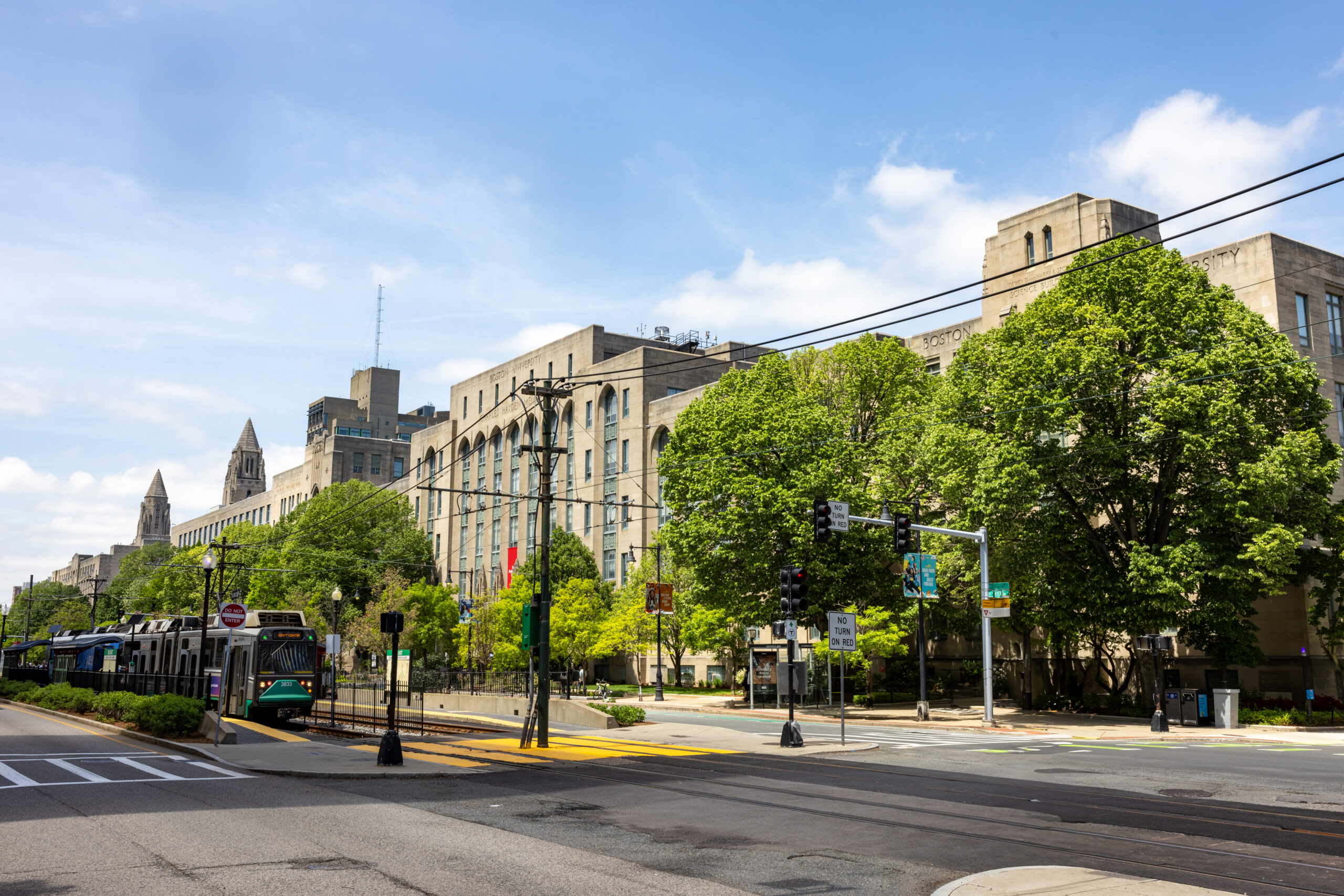


 biological response. Types of physiological measurement can include tracking eye movements, reading facial expressions, and gauging skin conductance- a measure that focuses on the microscopic sweat-level of the skin, noting a participant’s level of emotional response to a particular piece of media. This type of measurement can give researchers participants’ emotional and cognitive responses without social desirability or recall biases. But, like any other form of measurement, using biometric and physiological data are not without their own set of limitations. A physiological response can be caused by a variety of factors besides the chosen stimulus in a study, and may not even be a conscious act of the participant. A participant’s facial expression may change for no reason, and a sudden rise in skin conductance may be due to room temperature, or another external factor.
biological response. Types of physiological measurement can include tracking eye movements, reading facial expressions, and gauging skin conductance- a measure that focuses on the microscopic sweat-level of the skin, noting a participant’s level of emotional response to a particular piece of media. This type of measurement can give researchers participants’ emotional and cognitive responses without social desirability or recall biases. But, like any other form of measurement, using biometric and physiological data are not without their own set of limitations. A physiological response can be caused by a variety of factors besides the chosen stimulus in a study, and may not even be a conscious act of the participant. A participant’s facial expression may change for no reason, and a sudden rise in skin conductance may be due to room temperature, or another external factor.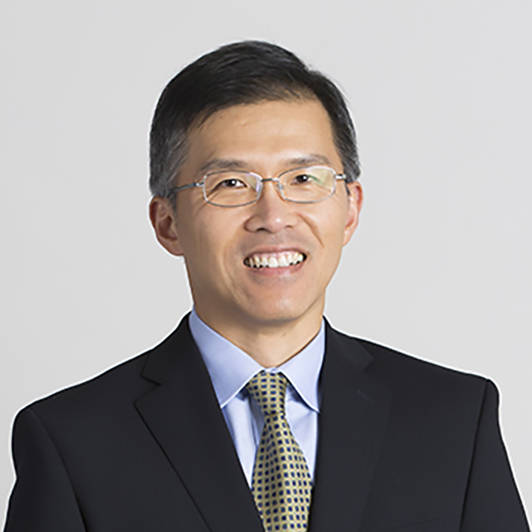 In his article, Dr. Wu combined surveys with facial analysis and eye-tracking data to analyze participant’s emotional and cognitive reaction to US political commercials during the 2016 election cycle. By using the CRC’s eye-tracking device and iMotions biometric software, Dr. Wu was able to identify participant’s facial expressions and attention levels to political advertisements through analyzing their eye movement activity. The study found that attention to the political advertisements influenced by the level of the ad aligning to the participant's preferred political party. Dr. Wu also found that participants' facial expressions were less negative than predicted, but were never “elated”.
In his article, Dr. Wu combined surveys with facial analysis and eye-tracking data to analyze participant’s emotional and cognitive reaction to US political commercials during the 2016 election cycle. By using the CRC’s eye-tracking device and iMotions biometric software, Dr. Wu was able to identify participant’s facial expressions and attention levels to political advertisements through analyzing their eye movement activity. The study found that attention to the political advertisements influenced by the level of the ad aligning to the participant's preferred political party. Dr. Wu also found that participants' facial expressions were less negative than predicted, but were never “elated”.